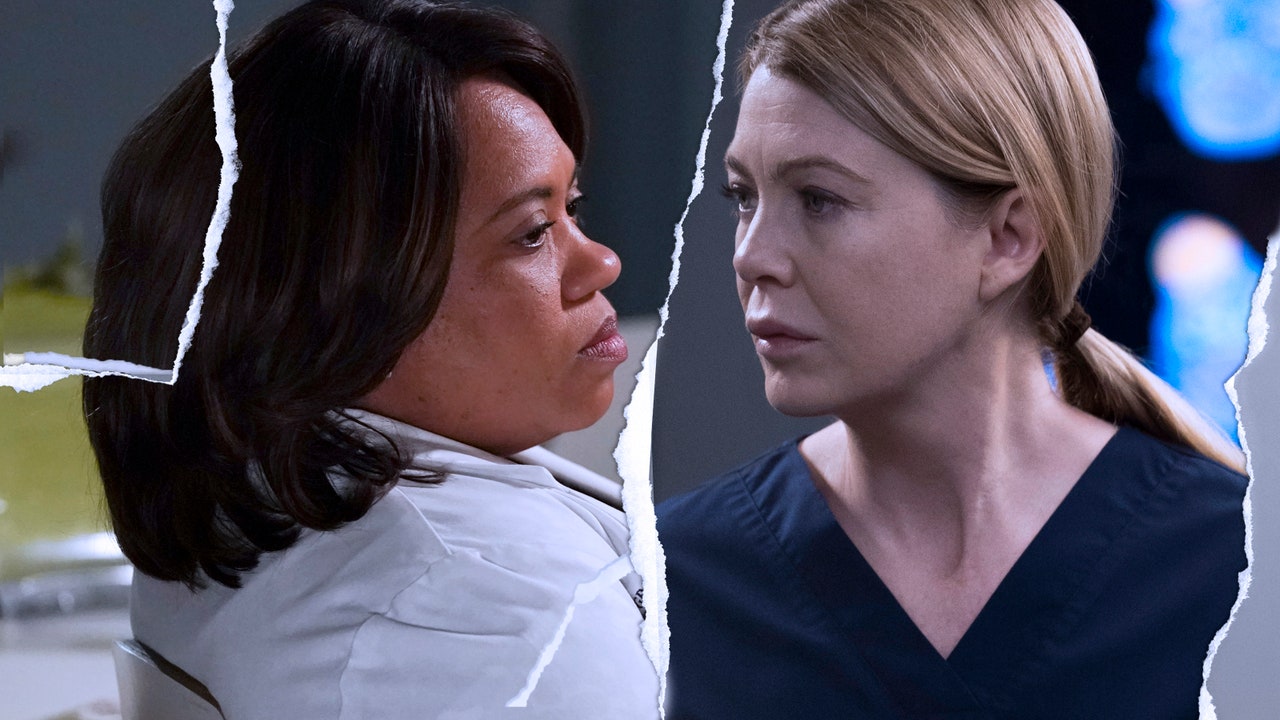Miscarriage Is Getting More Common on TV—But That Still Didn’t Prepare Me for the Reality

Experiences of infertility always have one thing in common: uncertainty. The countless visits to doctors, the months (or years) of planning, the tens of thousands of dollars, never add up to a guarantee. Even under the best of circumstances, there’s only so much about a pregnancy you can plan, and in the midst of a pandemic, the idea of planning anything seems foolish. For National Infertility Awareness Week, we’re exploring the uncertainty—and the hope.
All of my medical knowledge comes from watching Grey’s Anatomy. The hours, (months really, when lined up altogether), I’ve spent with the doctors of Grey Sloan Memorial, née Seattle Grace, have helped me in so many situations—like how to know if a fish has swum into someone’s penis or that you can be pregnant with two different men’s babies at once IF you have the super rare condition of having a double uterus. Unfortunately, the show (and TV in general) didn’t prepare me for my miscarriage.
It’s not that Grey’s didn’t try. Over the show’s 16-and-counting seasons, there have been plenty of memorable, failed gestations. Since the show premiered in 2005, the taboo surrounding miscarriage has slowly begun to crumble, and miscarriages—which occur in an estimated 10% of clinically recognized pregnancies—have started showing up more frequently in pop culture.
Remember way back in season two when Cristina’s fallopian tube burst, avoiding the abortion she had planned? She collapsed in the operating room and had to tell her medical team (and colleagues) about her hitherto-hidden pregnancy. In season six, Meredith lost her nascent pregnancy from the stress of an active shooter in the hospital. Blood visibly spread down her thighs while she had to simultaneously operate on her best friend’s partner. Then there was this season’s winter finale when a patient noticed blood dripping from Bailey’s skirt. She’d been surprised and then enamored by this pregnancy, finally brutalized by its loss.
My experience wasn’t like any of these. There was no blood, no drama. I can’t even tell you when exactly it happened. Excited and scared, I’d felt the whole earth turn when I’d found out I was pregnant. I waited the weeks you’re supposed to and went to the doctor. They did an intervaginal ultrasound (that’s science speak for “put a wand up my vagina”) and heard the fetal heartbeat. Bump bump. I didn’t know to be worried when they told me to come back in two weeks and not four. When I went back, it was gone.
Just gone. Nothing to see with the wand up my vagina, no heartbeat to hear. I’d had what they called a “missed miscarriage,” where the pregnancy ends without any discernible symptoms. It happens in about 3% of known pregnancies, according to one study, or a third of miscarriages but I’d had no idea that it was even a possibility. I thought I’d know if anything was wrong—that there’d be blood or cramps or drama or something. I’d felt nothing, didn’t have so much as an inkling.
I waited for the earth to turn back but it didn’t. The doctor, using the sad eyes I’m sure they taught her in medical school, told me I had options: I could wait for it to pass on its own, take Misoprostol, a pill to induce cramping and bleeding, or get a procedure called “dilation and curettage” aka D&C. Misoprostol is half the cocktail they give you to have a medicine-induced abortion while a D&C is the surgical option to end a pregnancy. I chose to wait. I wanted it to pass “naturally,” to feel the shock and dreaded wetness that my TV heroines experienced.
It turns out that waiting to miscarry is terrible and eerily quiet. I went to the bathroom constantly, disappointed by not seeing red. At work, I remember sitting on the toilet in our square little beige room, looking at the shelf with the tampons and pads. I wanted desperately to need one. But day after day, I didn’t. In a meeting that week, someone asked me when I was going to have kids. I laughed it off. Inexplicably, we also had the one and only office-wide discussion I’ve ever witnessed about miscarriages. My colleagues shared their experiences and I slunk off to the bathroom, unwilling to open up. Still no blood.



